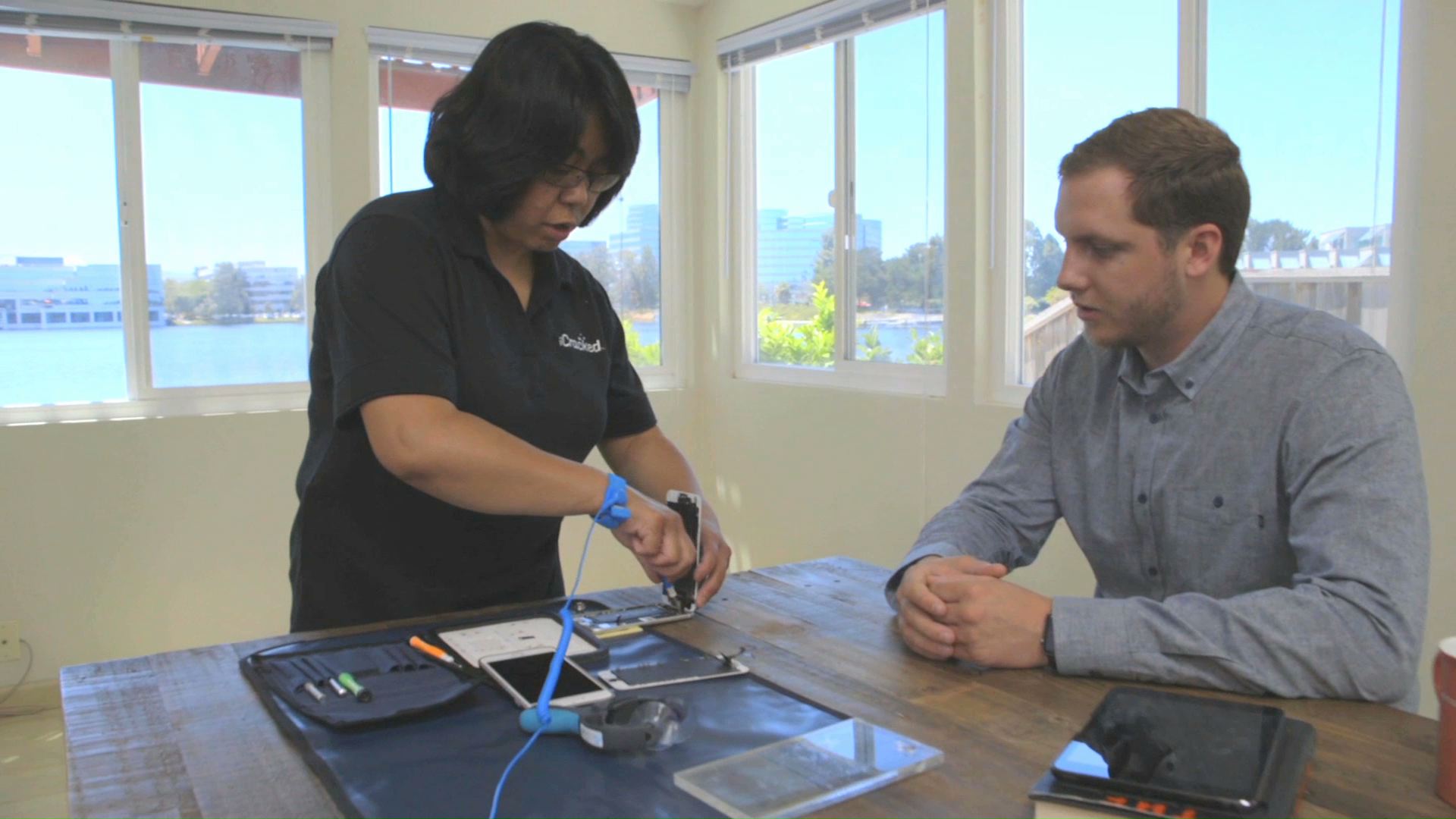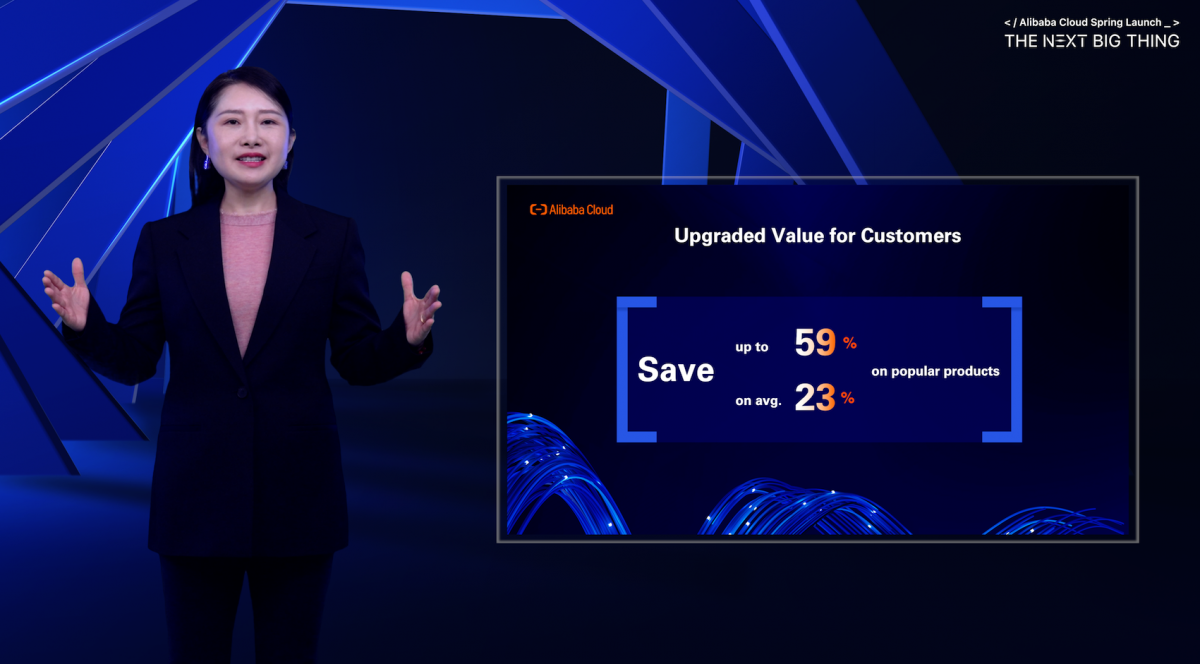
When A.J. Forsythe, co-founder and CEO of smartphone-repair company iCracked, measures business growth, he often thinks in terms of people. In 2010, when iCracked first launched, it was just him and fellow co-founder Anthony Martin. “Now we have two offices that 76 people work out of,” he says of the company’s headquarters in Redwood City, California.
Then there are the 3,000 active technicians in the U.S., who over the past seven years have accounted for over 540,000 repairs.
This army of independent contractors—called iTechs—brings iCracked’s services to customers where they live, work and play, saving them the trouble of having to travel to get their phones and tablets fixed. The sheer convenience of the service makes it seem these customers are the most obvious beneficiaries of Forsythe and Martin teaming up seven years ago, but the jobs they created have made an impact on the technicians as well.
WATCH: Alibaba allowed iCracked to build the supply chain it needed to source its all-important replacement parts.
Work as an iTech gave D. McKinney (he goes by just the initial) the opportunity to support his family when he was in-between jobs. “It came at a time when I really needed it,” he says. “iCracked totally supported me during that time.”
It has since become his career of choice. He covers the East Bay area of California, enjoying the flexibility the work provides: “The best thing about being an iTech for me is being able to pick and choose when and if I work, [and] if I have family stuff going on, being able to block out that time,” McKinney says.
Kellie Kaiser, of Denver, joined iCracked to supplement money she made as a massage therapist, which wasn’t covering all of her expenses. Now, Kaiser says, she has attained the financial freedom she was looking for.
“With iCracked, I’ve been able to make enough to live off and still have the ability do stuff that I enjoy,” she says. Like McKinney, she too likes the independence.
“If I decide I want to go on vacation,” Kaiser says, “I don’t have to request time off through my employer.”
iTechs earn $50 an hour for their work (repairs take anywhere from 30 minutes to an hour depending on the severity of the damage), putting them in what Forsythe estimates is the middle range of the “semi-professional” economy of independent contractors. The top 10 percent of technicians make over $60,000 a year, he says, with the top 5 percent earning over $93,000. Some have even topped the $100,000 mark.
Many job hunters have begun to see the benefits of being an iTech. According to Forsythe, last year 100,000 people applied to be iCracked technicians. The company accepted only the top 1-2 percent.
New recruits are given training and a starter kit that includes parts, tools, marketing materials and how-to guides when they join the company. iTechs purchase additional parts from iCracked to service their repairs, and customers paying the technicians directly.
Forsythe is taking steps to move away from that model, however, aiming instead to provide the parts upfront, have the customers pay the company and then iCracked pay the technicians. In a push to make that plan a reality, iCracked has set up distribution hubs in 13 U.S. cities to get parts to iTechs as soon as they are needed.
“It’s better, because the iTechs don’t need to expend capital,” he says, but “they can service just as many customers.”
Of course, none of this would have been possible if iCracked failed to get off the ground.
Forsythe and Martin, who is chief of strategy, launched the business while they were students at California Polytechnic State University. The smartphone-repair industry was still young then, and they found it difficult to source good—and inexpensive—parts. Forsythe soon stumbled upon Alibaba.com, one of the world’s largest international online wholesale marketplaces.
The site connects businesses like iCracked with manufacturers in China, and elsewhere in the world, allowing them to source much-needed parts and materials at substantially lower prices. To Forsythe, there is no better way for a small business to find and develop these early-stage partnerships.
“That aggregation point of supply and demand is a very lucrative service,” he says.
Forsythe estimates he has been to China about 25 times to meet with manufacturers and perform quality checks on the parts he buys for iCracked. The company now has a team on the ground handling sourcing and procurement full time, as iCracked is constantly on the lookout for new vendors.
With the business’ fundamentals in order, Forsythe is now focused on expansion. iCracked is moving into smart-home installation services to help customers network all of the devices—from phones to TVs to refrigerators—in their houses. That, coupled with the opening of a chain of physical retail stores in Japan, is part of a larger push to be the go-to repair service for hardware or software problems anywhere on earth, according to Forsythe.
“We want to build the last technical workforce you’ll need,” he says. “You press a button and we show up and fix it.”




